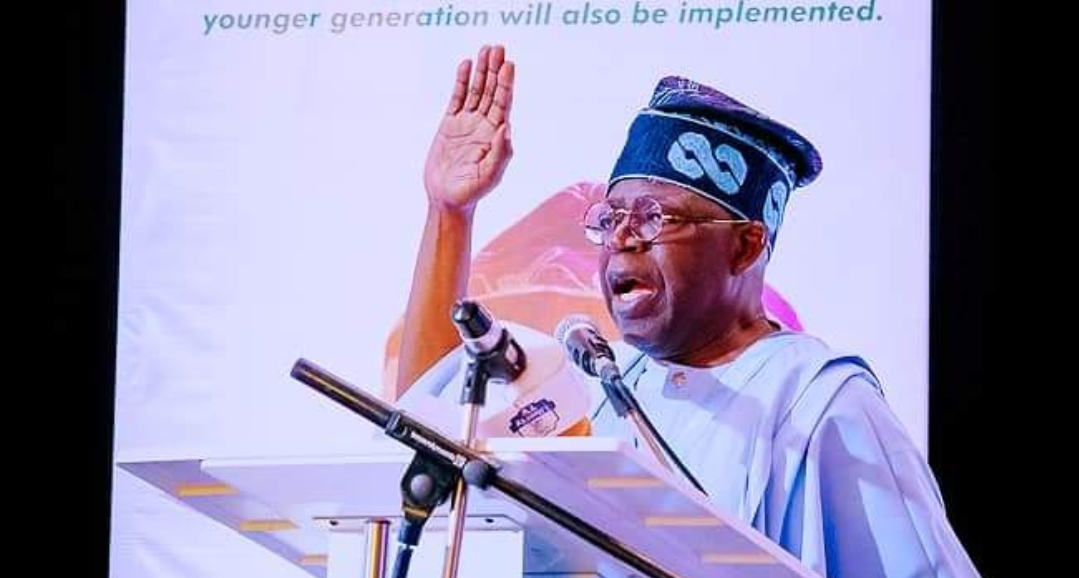Barring any last minute change, the House of Representatives is set to insist on the reversal of the cash withdrawal limit policy of the Central Bank of Nigeria (CBN), Daily Trust gathered last night.
A ranking lawmaker told this paper that it is the general opinion of the lawmakers that the policy be reversed.
This is just as a former governor of Sokoto State, Senator Aliyu Magatakarda Wamakko (APC, Sokoto) has urged President Muhammadu Buhari to sack the CBN governor, Godwin Emefiele, over the policy.
The apex bank, under the new withdrawal policy was restricted the maximum cash withdrawal over the counter (OTC) by individuals and corporate organisations per week to N100,000 and N500,000 respectively.
Following the uproar that trailed the policy, the apex bank on Wednesday reviewed the withdrawal limit upward to N500,000 for individuals and N5 million for corporate bodies.
Daily Trust reports that the lower chamber had earlier passed a resolution asking the bank not to proceed with the implementation of the cash withdrawal limit, which is due to come into effect from January 9, 2023 until the CBN governor appears before it to clarify issues on the new policy.
Deputy Governor of the CBN in charge of Financial Stability, Aisha Ahmad, yesterday appeared before the House of Representatives to brief lawmakers on the policy.
But after the briefing and responses to lawmakers’ questions by the CBN deputy governor, Speaker Femi Gbajabiamila did not make any ruling, saying the House will deliberate on the briefing by the apex bank and come up with its resolution.
A lawmaker who spoke to Daily Trust yesterday, said a decision will be taken on the matter next week.
The lawmaker who spoke on condition of anonymity, said it is the general opinion of the lawmakers that the policy be reversed.
“Yes, next week we will take a stand. But, they have contravened a provision of the CBN Act, which requires the Central Bank to consult and discuss with the National Assembly before initiating or implementing any policy.
“They must come to the National Assembly and discuss with the lawmakers.


